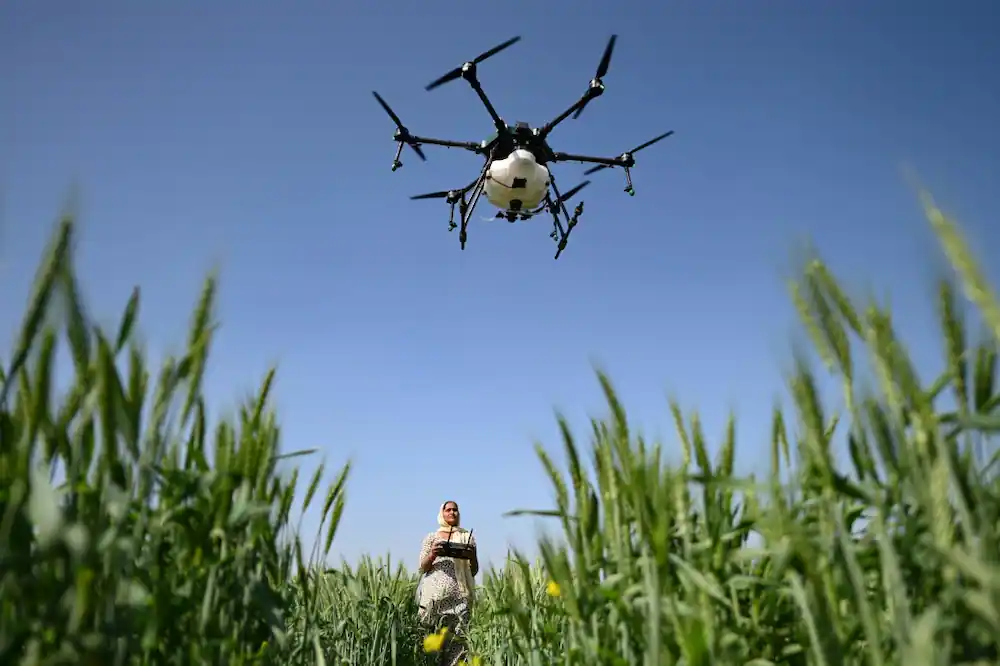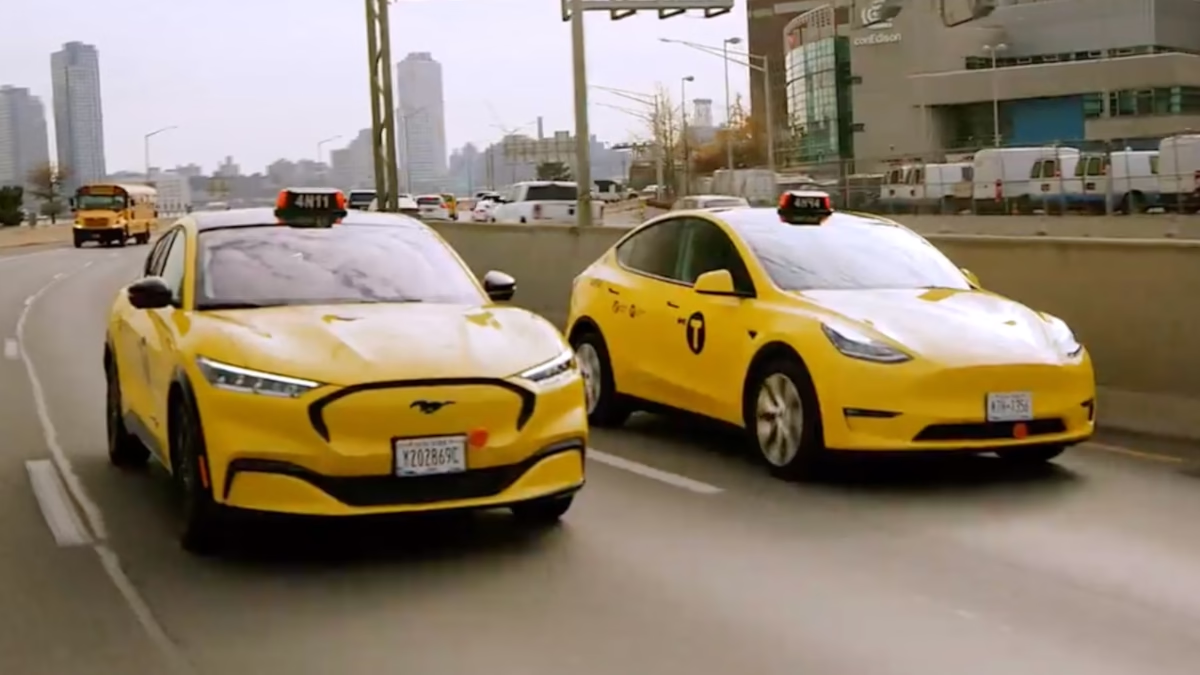Sharmila Yadav, once a housewife in rural India, harbored a lifelong dream of becoming a pilot. Today, she’s living that dream remotely, maneuvering heavy-duty drones across the skies to nurture the country’s picturesque farmlands.
Yadav, 35, is among the hundreds of women trained to operate fertiliser-spraying aircraft under the government-backed “Drone Sister” programme. This initiative aims to modernize Indian agriculture by reducing labour costs, saving time and water, and tackling climate change challenges.
For Yadav, this opportunity marks not just a career shift but a significant cultural shift in rural India’s attitudes towards working women. Traditionally confined to household chores, women like Yadav are breaking barriers and forging their own paths in the workforce.
“I feel very proud when someone calls me a pilot. I have never sat in a plane, but I feel like I am flying one now,” Yadav said, reflecting on her newfound occupation.
Her journey began after 16 years of homemaking when she joined the “Drone Sister” programme, seizing the chance to become a pilot despite the limited opportunities in her rural hamlet.
Yadav and her fellow trainees are provided with drones and training by organisations like the Indian Farmers Fertiliser Cooperative Limited (IFFCO), empowering them to take charge of their livelihoods and contribute to their households’ income.
Yogendra Kumar, IFFCO’s marketing director, emphasized the scheme’s broader impact on women’s empowerment and rural entrepreneurship. “Women, who earlier could not step out of their houses owing to deep-rooted patriarchal attitudes and lack of opportunities, are coming forward with enthusiasm to take part,” he said.
Operating drones for fertiliser spraying is not just cost-effective but also efficient, using less water and time compared to manual methods. This innovative approach is revolutionizing farming practices while empowering rural women.
Prime Minister Narendra Modi has lauded the programme’s success, highlighting the remarkable journey of women from villages flying drones, a concept unthinkable just a few years ago.
Women like Rifat Ara, once hesitant about enrolling, now find themselves emboldened by their newfound skills. “It’s a great feeling to be able to stand on my own two feet and be called a drone pilot,” Ara said.
As these women soar to new heights, instructor Nisha Bharti witnesses their remarkable transformation, from nervous beginners to confident pilots. “It is as if they grow wings and want to fly higher and higher,” she said, encapsulating the spirit of empowerment and determination driving India’s Drone Sisters programme.



